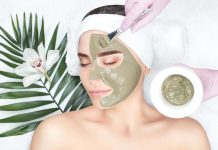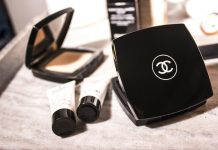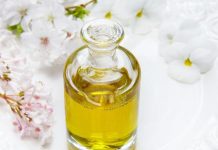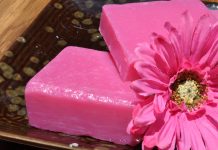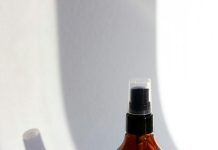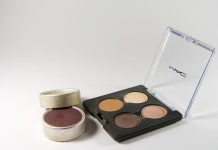In the world of skincare, where promises of radiant, youthful skin are bottled and sold by the millions, the allure of a product often extends beyond its active ingredients. Fragrance, that seductive whisper of floral, citrus, or musk, can transform a simple skincare routine into a sensory experience. But beneath the surface of these aromatic elixirs lies a debate as complex as the scents themselves: do these fragrant additions enhance our beauty rituals, or do they cloak potential harm? As consumers become increasingly ingredient-savvy, the role of fragrance in skincare is under the microscope. Join us as we delve into the science and sentiment behind these scented products, unraveling whether their charm is a friend or foe to our skin’s health.
Fragrance in Skincare: A Double-Edged Sword
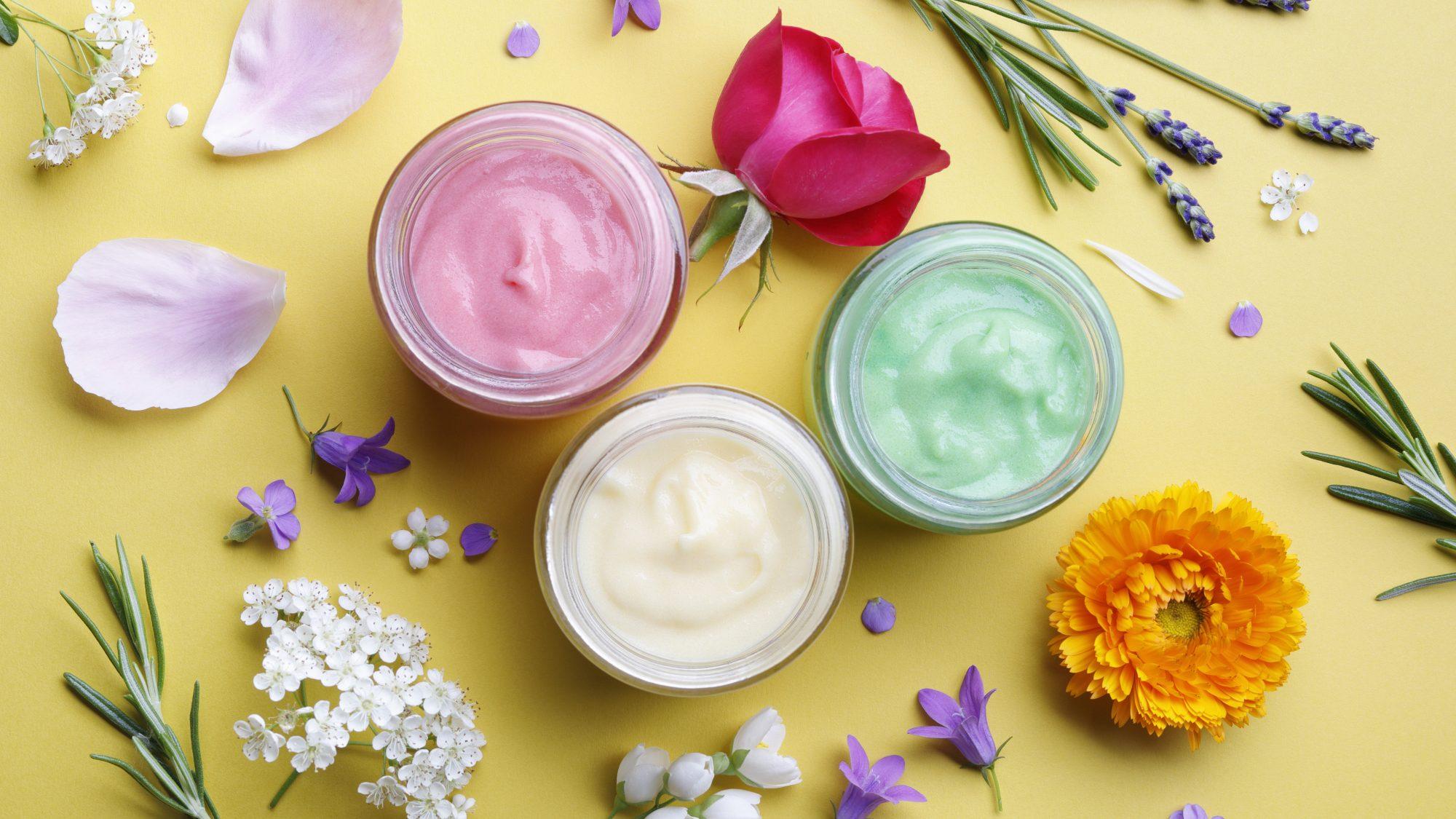
Fragrance in skincare products is a topic that often divides enthusiasts and experts alike. On one hand, the alluring scents can enhance the sensory experience, transforming mundane routines into indulgent rituals. However, the flip side reveals potential pitfalls. For some, these scents can be the root of irritation, allergies, or even long-term skin sensitivities.
Consider the following aspects:
- Skin Sensitivity: Fragrances can trigger reactions, especially in those with sensitive or reactive skin types.
- Ingredient Transparency: “Fragrance” on labels can be a blanket term, often hiding a cocktail of undisclosed chemicals.
- Natural vs. Synthetic: Both can be problematic; natural fragrances aren’t inherently safer.
Balancing the benefits and risks of fragrance in skincare requires a careful, personalized approach. For those who love the sensory delight, patch testing and ingredient scrutiny are crucial steps. Meanwhile, those with sensitive skin might find solace in fragrance-free formulations, ensuring their skincare remains both effective and gentle.
The Science Behind Scented Formulations
The allure of fragrance in skincare is deeply rooted in both chemistry and psychology. Fragrances are complex blends of natural and synthetic compounds designed to evoke emotional responses, enhance user experience, and often mask the natural scent of the product’s ingredients. The formulation process involves selecting top notes for initial impact, middle notes for a lasting impression, and base notes for depth and longevity. This intricate layering ensures that the fragrance evolves over time, creating a dynamic sensory journey.
- Aromatherapy Benefits: Certain scents can promote relaxation, reduce stress, and improve mood.
- Enhanced Experience: Fragrance can make the skincare routine more enjoyable and luxurious.
- Product Differentiation: Unique scents can distinguish a brand, creating a memorable identity.
However, it’s crucial to consider the potential for skin sensitivity and allergic reactions, as some fragrances can trigger irritation. The science of fragrance in skincare is a balancing act between enhancing user experience and ensuring skin safety.
Potential Risks: Allergies and Sensitivities
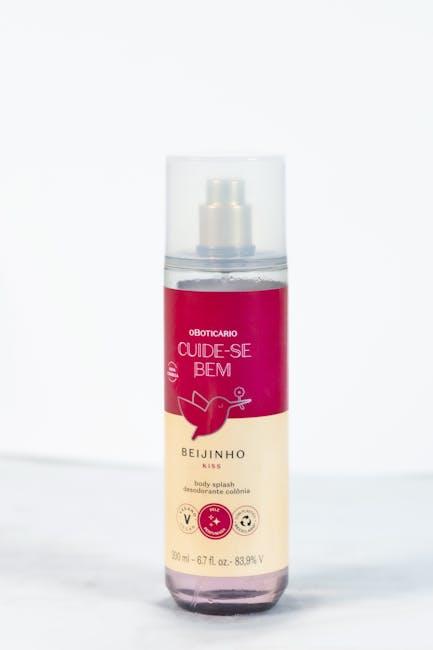
When it comes to skincare, the allure of a sweet-smelling product can sometimes mask underlying concerns. Fragrance, whether natural or synthetic, is one of the most common culprits behind skin reactions. These reactions can range from mild irritation to severe allergic responses. For those with sensitive skin, even a hint of added scent can spell trouble, leading to conditions such as contact dermatitis or eczema.
- Irritation: Redness, itching, and dryness are common symptoms that may arise from fragranced products.
- Allergic Reactions: More severe than irritation, these can include swelling, blistering, or even hives.
- Long-term Sensitization: Repeated exposure can lead to heightened sensitivity, making the skin more reactive over time.
Understanding your skin’s tolerance is crucial. If you notice any adverse effects, opting for fragrance-free alternatives might be a safer choice, ensuring your skincare routine remains a soothing, rather than stressful, experience.
Choosing Wisely: Fragrance-Free Alternatives
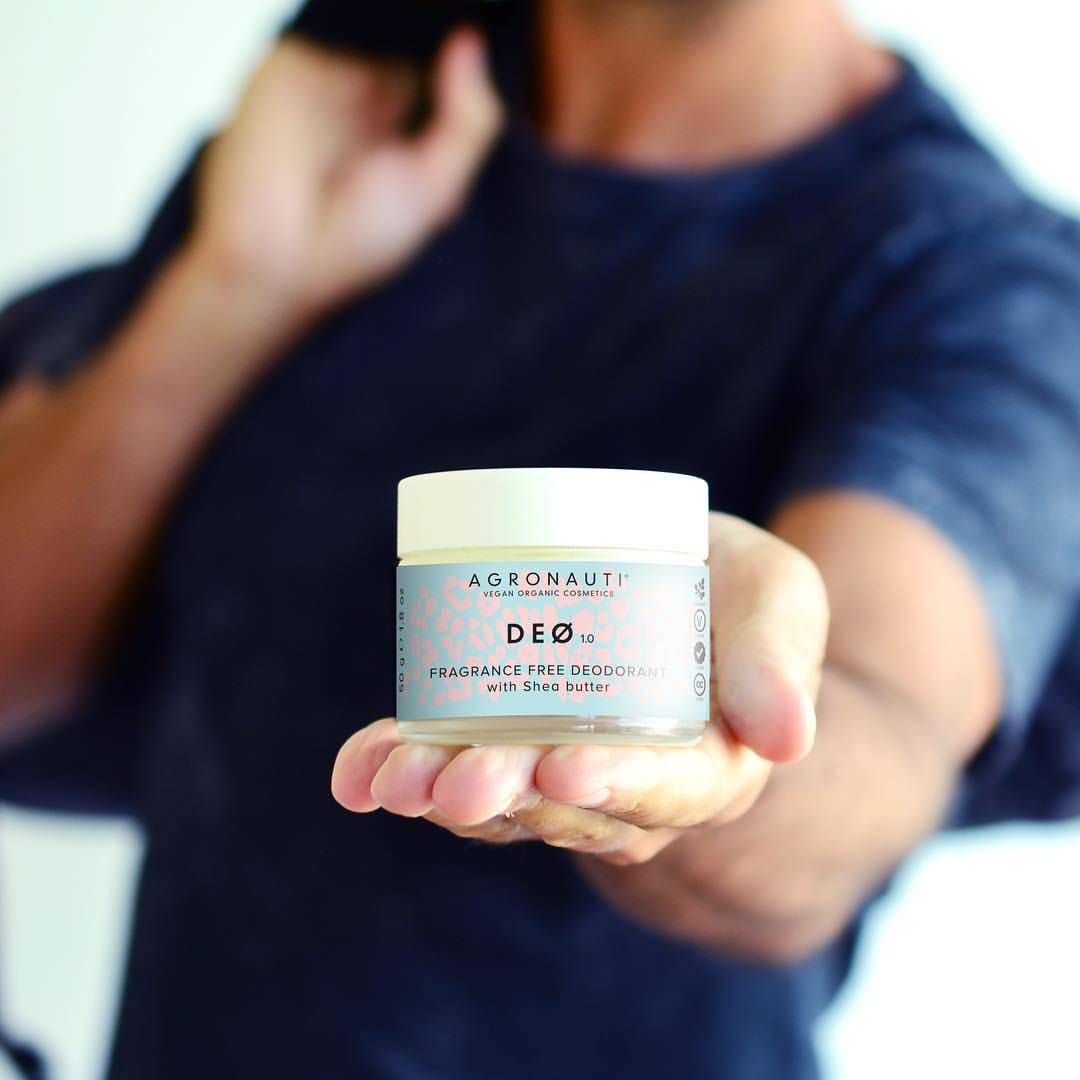
When it comes to skincare, opting for fragrance-free products can be a wise choice for those with sensitive skin or allergies. Fragrances, while appealing, can often be the hidden culprits behind irritation, redness, and breakouts. Fortunately, there are a plethora of alternatives available that are both gentle and effective.
- Simple Ingredients: Products with fewer ingredients often mean fewer irritants. Look for formulations that focus on essential components like hyaluronic acid or ceramides.
- Natural Options: Brands offering natural, fragrance-free lines use ingredients such as aloe vera and chamomile, known for their soothing properties.
- Clinical Brands: Dermatologist-recommended products are often formulated without fragrance, focusing instead on scientifically-backed ingredients that support skin health.
Choosing products that prioritize skin health over scent not only minimizes the risk of adverse reactions but also allows you to enjoy the benefits of a clear and calm complexion.

